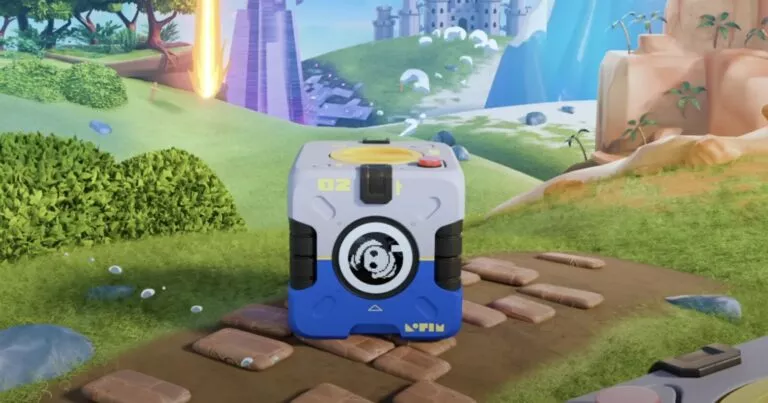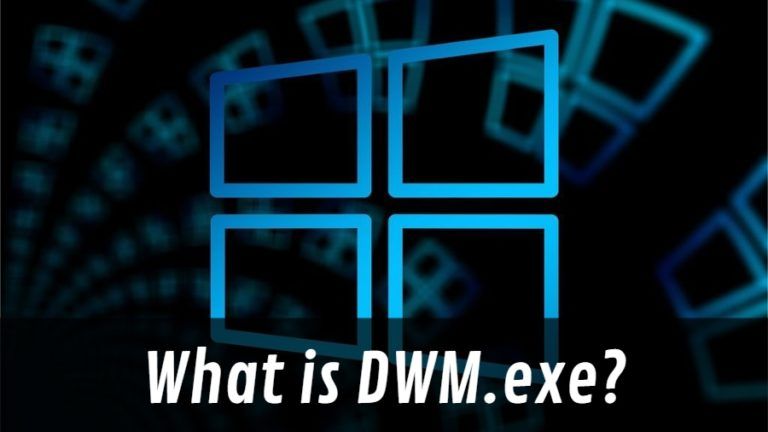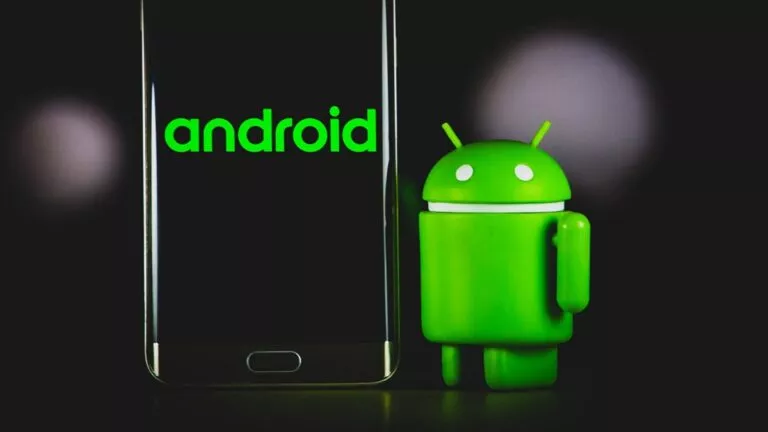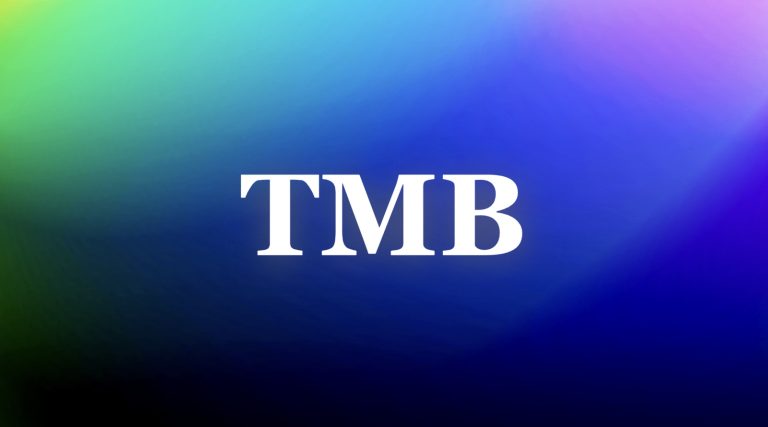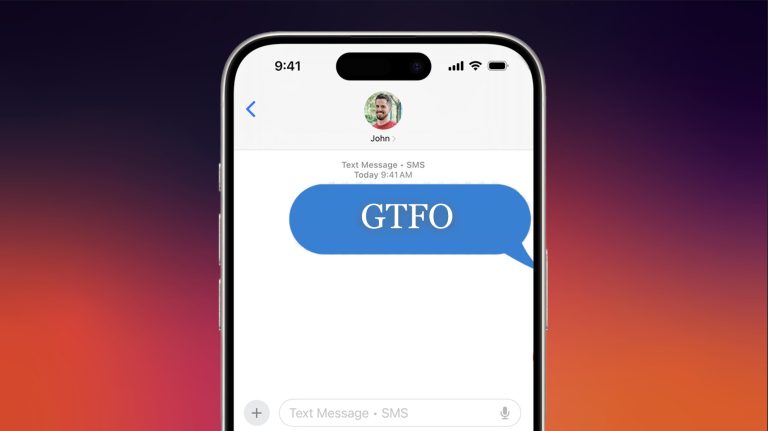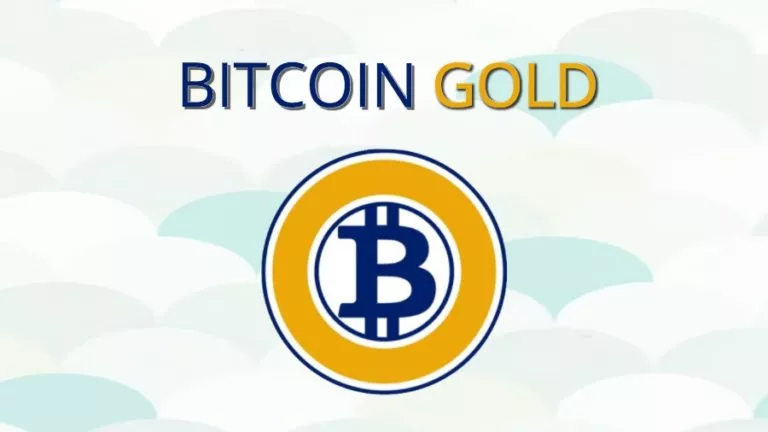What does “SMH” Slang mean on Social Media?
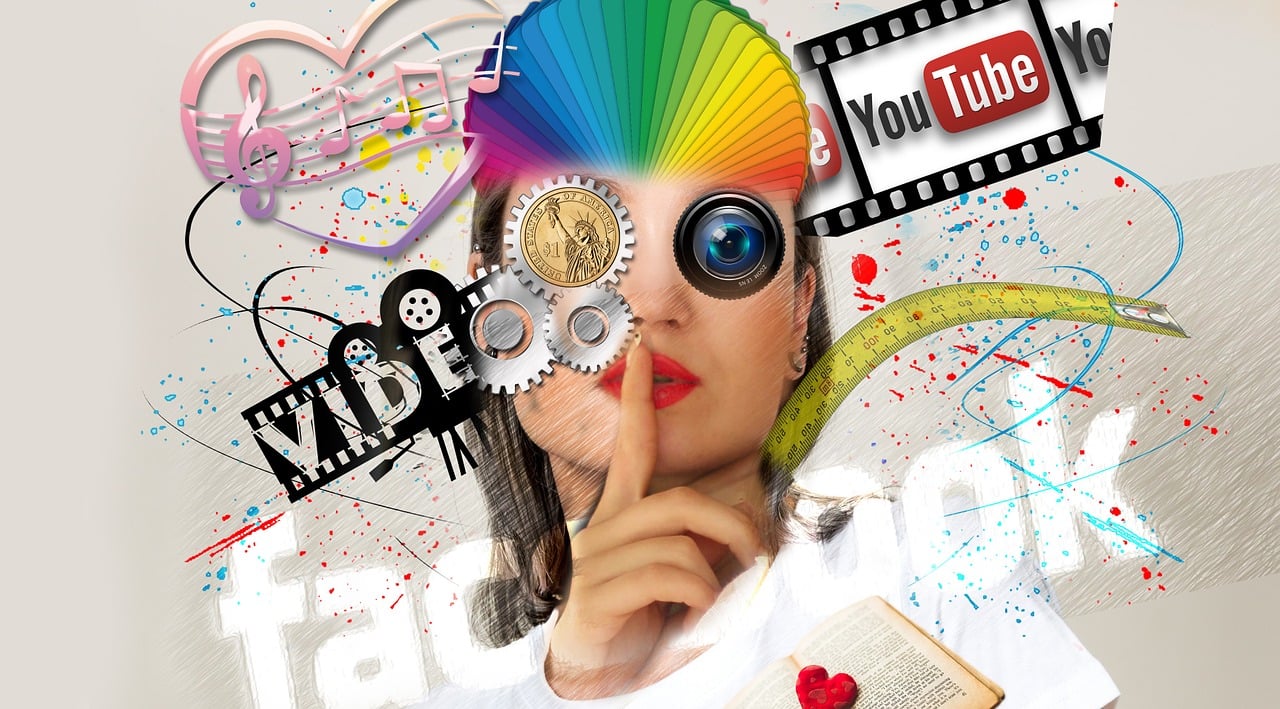
In social media, users often come across many abbreviations and slang terms. One commonly used abbreviation is “SMH.” Understanding these terms can enhance communication and make interactions more engaging. This article will help you understand what SMH Slang means on social media and how to use it.
The Meaning of SMH
SMH stands for “Shaking My Head.” It is a common abbreviation used on social media and in text messages. When someone types SMH, they are expressing a reaction of disbelief, disappointment, or frustration. This simple abbreviation helps people quickly show their feelings without writing a longer explanation.
How is it Used?
People use SMH to express their emotions quickly. They often accompany their expressions with a facial expression or an emoji to emphasize the feeling. Some common uses are reacting to someone’s foolish or annoying behavior. If someone tells a story about making a bad decision, they might reply with “SMH” to express their frustration or disbelief.
The context in which SMH is used is usually informal and conversational, making it easy to use in everyday interactions. Example:
- Friend 1: “I can’t believe the team lost the game in the last minute.”
- Friend 2: “SMH, that’s so disappointing.”
- Friend 1: “I forgot my keys again and locked myself out.”
- Friend 2: “SMH, you need to be more careful.”
Why People Use SMH?
SMH is handy in text messages or social media, where people usually talk in short, quick messages. Instead of writing, “I can’t believe this happened” or “This is so frustrating,” you can type SMH, and the message is clear.
SMH also adds a personal touch to your messages. It shows that you are reacting to what someone said or did in a real way. This makes conversations feel more genuine and connected, even when you’re not face-to-face.
Variations of SMH
In addition to SMH, people use other related expressions to show even stronger emotions. One common variation is “SMDH,” which stands for “Shaking My Damn Head.” These variations add intensity to the reaction, making it clear that the person is even more affected by the situation. Example:
- Friend 1: “I can’t believe he said that to the teacher.”
- Friend 2: “SMDH, that’s so disrespectful.”
However, it is important to pay attention to the context and tone when using or encountering SMH. Understanding the situation and the feelings behind the abbreviation can help ensure that your reaction is appropriate and clear.

